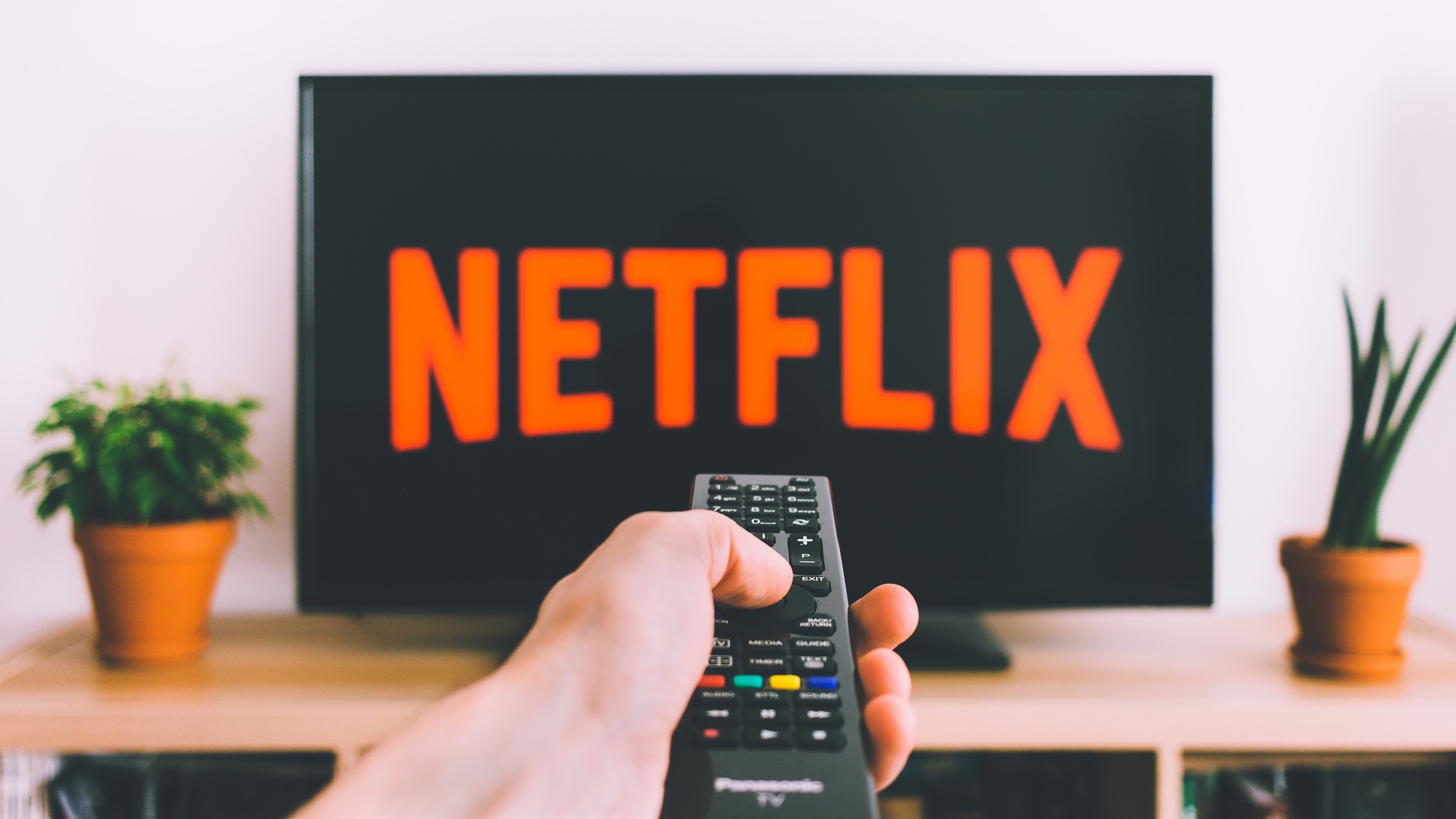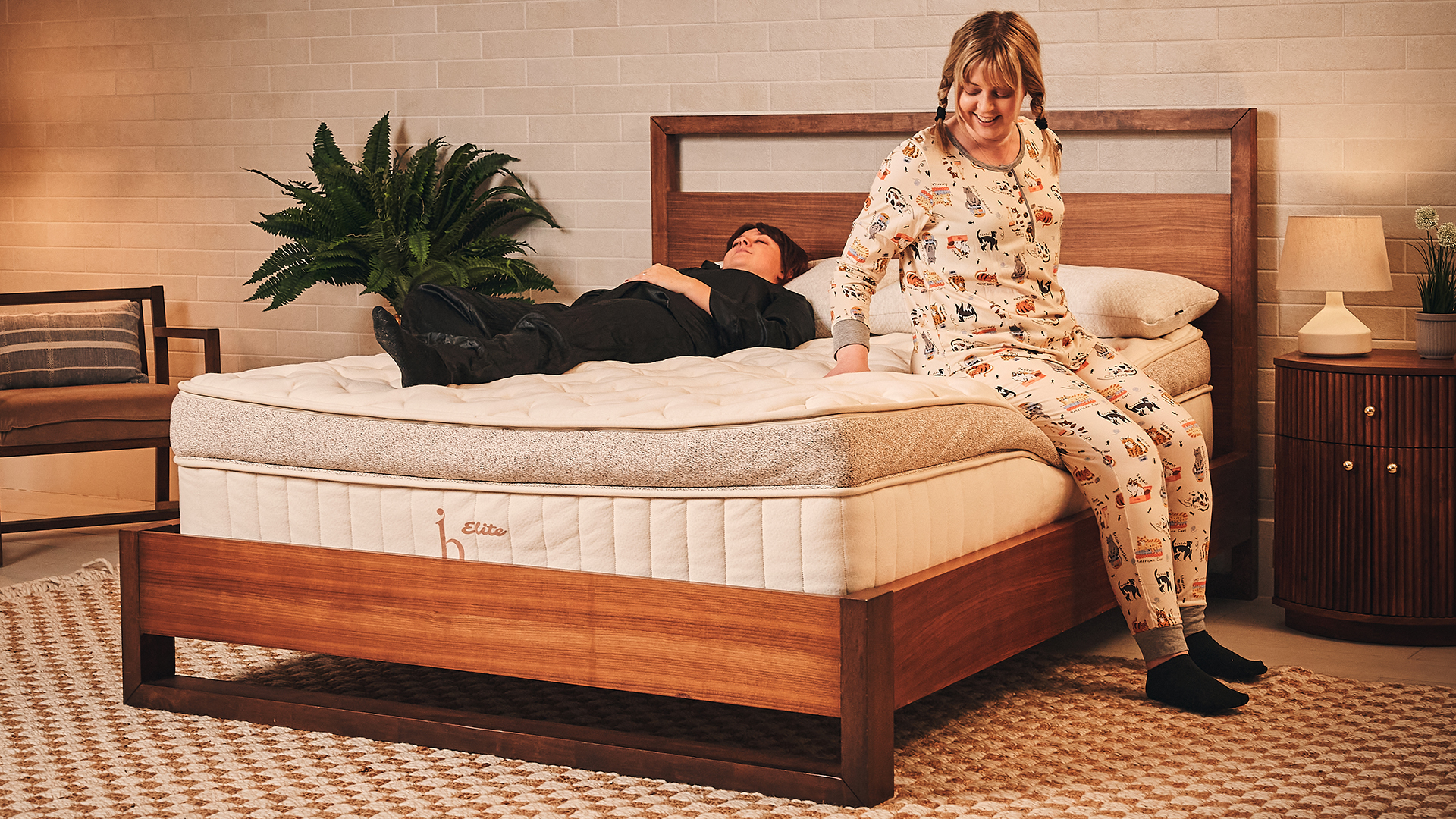Netflix password sharing crackdown is coming — everything you need to know
Netflix's password sharing crackdown is expanding

Here at Tom’s Guide our expert editors are committed to bringing you the best news, reviews and guides to help you stay informed and ahead of the curve!
You are now subscribed
Your newsletter sign-up was successful
Want to add more newsletters?

Daily (Mon-Sun)
Tom's Guide Daily
Sign up to get the latest updates on all of your favorite content! From cutting-edge tech news and the hottest streaming buzz to unbeatable deals on the best products and in-depth reviews, we’ve got you covered.

Weekly on Thursday
Tom's AI Guide
Be AI savvy with your weekly newsletter summing up all the biggest AI news you need to know. Plus, analysis from our AI editor and tips on how to use the latest AI tools!

Weekly on Friday
Tom's iGuide
Unlock the vast world of Apple news straight to your inbox. With coverage on everything from exciting product launches to essential software updates, this is your go-to source for the latest updates on all the best Apple content.

Weekly on Monday
Tom's Streaming Guide
Our weekly newsletter is expertly crafted to immerse you in the world of streaming. Stay updated on the latest releases and our top recommendations across your favorite streaming platforms.
Join the club
Get full access to premium articles, exclusive features and a growing list of member rewards.
Netflix is ready to stop being nice about those breaking its rules. Yes, the Netflix password sharing crackdown is finally expanding from its limited testing — and about to come to many more TVs around the world.
So, if you've been sharing a Netflix password and login across multiple addresses, expect Netflix to try and stop you. Or at least ask for more money to keep doing this.
Why is this happening? Well, while the economy isn't great at the moment, and everyone finds ways to stretch a dollar (or their account) it's arguably a beast of Netflix's own making. Infamously, Netflix Twitter account posted the message “Love is sharing a password,” in 2017.
And now, Netflix says enough is enough. While Netflix says "It’s great that our members love Netflix movies and TV shows so much they want to share them more broadly," the service's execs are tired of it hurting their bottom line. The same post declares that "today’s widespread account sharing between households undermines our long term ability to invest in and improve our service."
And their plan to stay high among the best streaming services is to get people to spend more if they want to share their accounts. This is a bet on the quality of the the best Netflix shows and best Netflix movies, and one that shows Netflix believes it's in a position of power.
Netflix password sharing crackdown: When is it happening?
Netflix, for many months now, has been encouraging users to "add an extra member" or "add a home" when it thinks people are breaking the rules on sharing an account and password outside of the limitations. More on that below. In recent testing Netflix has done in Chile, Costa Rica and Peru, it's charging users around $3 USD per user or home.
Then, on October 18, 2022, in Netflix's Q3 2022 quarterly earnings report, it announced its next step in its plans to "monetize account sharing," — which is its way of saying make more money off of freeloaders.
Get instant access to breaking news, the hottest reviews, great deals and helpful tips.
Netflix said that these tests would be expanding "more broadly," which most interpret as a global rollout, "starting in early 2023." The report verified the above testing seems to have worked, as the "the ability to create sub-accounts ('extra member'), if they want to pay for family or friends." is a part of this.
The report also noted that this change will include the ability for users to turn their Netflix profile into their own account, if they don't want to be a sub-account/extra member.
Netflix password sharing crackdown: How will this work?
Netflix identifies rule-breakers by using "information such as IP addresses, device IDs, and account activity." Sometimes, Netflix uses a device verification code to confirm your identity, it will require devices in the previous household to re-verify before they can stream again.
In order for Netflix to actually make this work, they're probably going to be cutting people off if someone else from a different location logs on. We doubt that simply saying "stop sharing your account, and please give us money."
But then you'll be able to "buy additional homes" — and remove homes from access to your account (say, if your ex still has your password — which you should just change).
One big potential flaw here pertains to when you go on vacations. Netfilx's own site notes that "Travel [is] included" and that "You can watch while outside the home on your tablet, laptop or mobile." We guess Netflix's tech can tell the difference between streaming for a week while you're away from home and a long-term usage at a second residence.
As for setting up extra users? When Netflix started testing this in Argentina, Dominican Republic, El Salvador and Honduras, it granted users the ability to manage the homes on their account.
It doesn't look like you'll be able to set a default home, or your main home. But then you'll be able to "buy additional homes" — and remove homes from access to your account (say, if your ex still has your password — which you should just change).
Members on the Basic plan were able to add one "extra home," and those on the 1080p Standard plan could add two. The 4K UHD Premium subscribers could add up to three extra homes.
Netflix password sharing crackdown: How much will it cost?
If the tests in Latin America countries are also copied on pricing, expect the U.S. "extra homes" to cost around $3/£3/$4 CA/$5 AUD a piece.
We would not be surprised to see Netflix test varying pricing around the world.
Netflix password sharing crackdown: How you're breaking the rules
The Netflix Help Center states "A Netflix account is for people who live together in a single household. This single household is the Netflix household and is associated with the primary account owner’s devices and the devices used by other people who live in the Netflix household."
And Netflix reps told Rest of World that it's always defined a household as people living in the same building. So, if your family is spread across multiple locations, Netflix sees that as multiple households.
Outlook: How forceful will Netflix password sharing crackdown be?
The efficacy of Netflix's password sharing crackdown will likely be defined by how hard they push users to add accounts or spin-out their existing accounts. If a Netflix account can't be used from two different locations at the same time, then people will probably have to pay up.
If the fee is small enough, it doesn't seem unlikely that they'll actually pay. People want to watch what Netflix offers, at least until they want to cancel Netflix. And if Netflix is too forceful, they may start actually encouraging the latter.

Henry was a managing editor at Tom’s Guide covering streaming media, laptops and all things Apple, reviewing devices and services for the past seven years. Prior to joining Tom's Guide, he reviewed software and hardware for TechRadar Pro, and interviewed artists for Patek Philippe International Magazine. He's also covered the wild world of professional wrestling for Cageside Seats, interviewing athletes and other industry veterans.
 Club Benefits
Club Benefits










